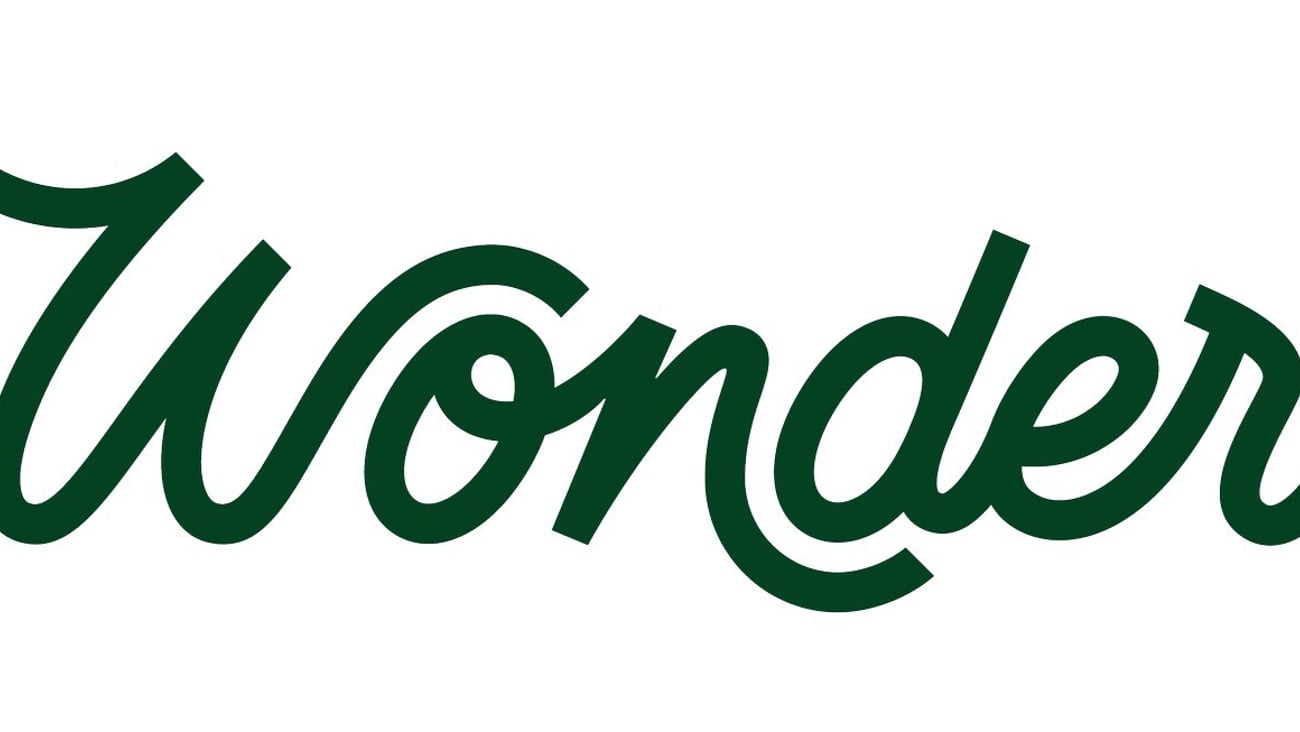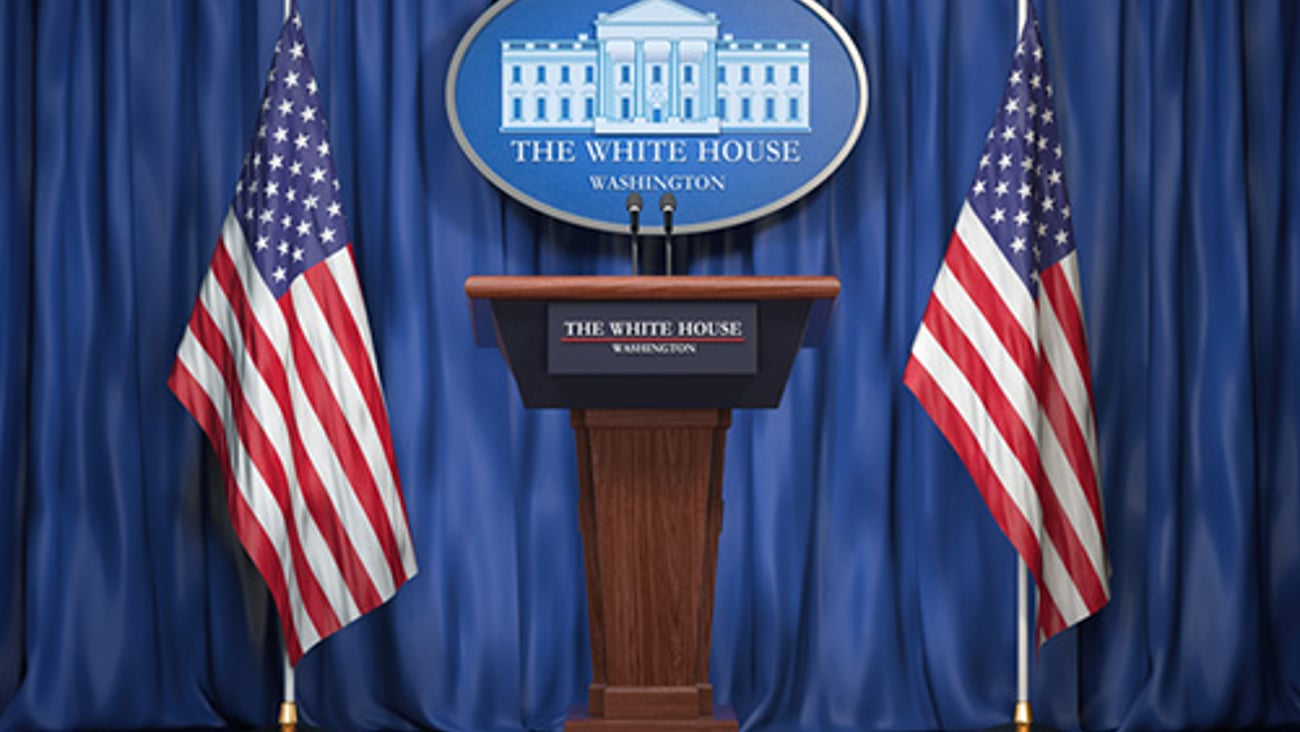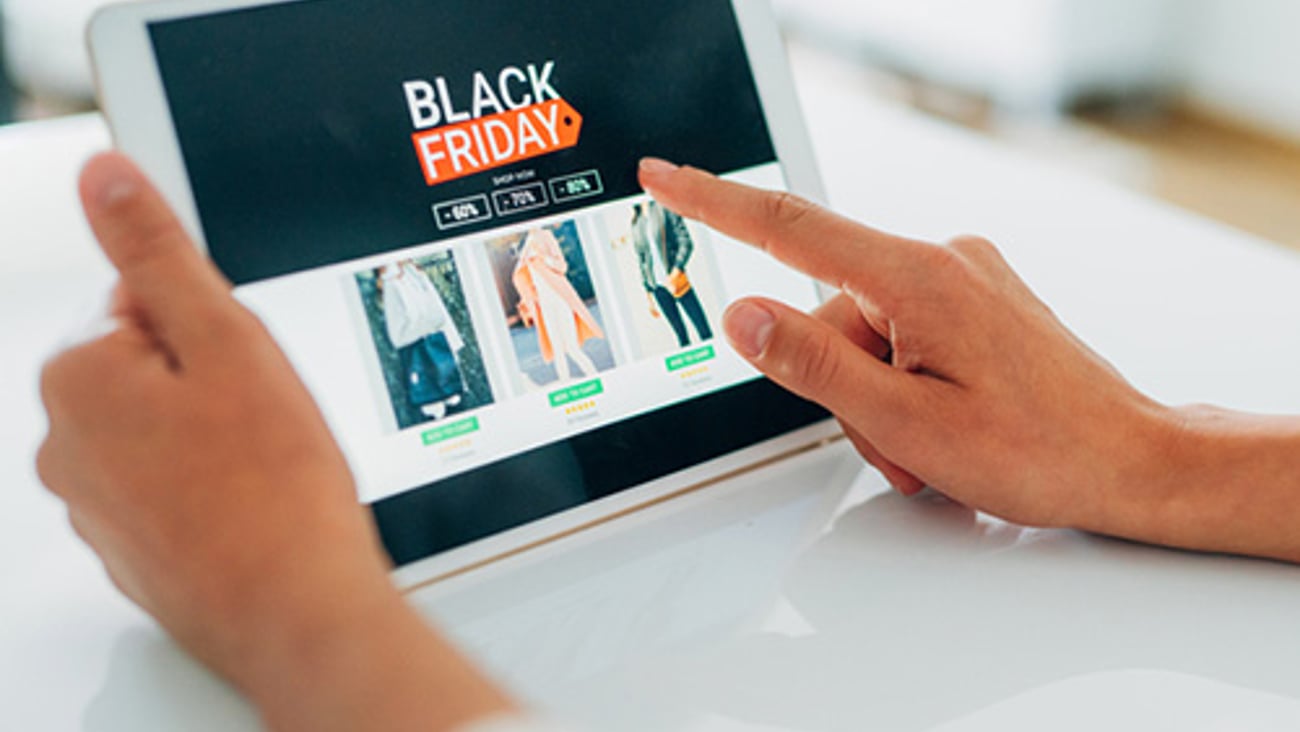Three major healthcare tech trends in retail
Retailers are increasingly crossing into the healthcare provider space, and using technology to do it.
Drugstore giant CVS’s Dec. 9 announcement that it is targeting growth by introducing new health products, services and technologies is just the latest example of retail’s shift into providing healthcare solutions. Following are three specific trends emerging in this area.
Digital COVID-19 services
It is hardly surprising that the ongoing COVID-19 pandemic is a focal point in retail healthcare efforts. Many retailers are digitalizing a wide variety of COVID-19-related services.
Supermarket giant Albertsons, which has administered over 6 million COVID-19 vaccinations to date through its 1,700 pharmacies nationwide and has also partnered with Google Business Messages to provide customers real-time information on COVID-19 vaccine availability, is a perfect example of a retailer heavily involved in developing COVID-19-related technology offerings.
These include a free digital vaccine record that can be downloaded and saved to a digital device, as well as a partnership with rideshare platform Lyft to offer discounted rides to and from any Albertsons pharmacy for vaccinations.
In addition, Albertsons. and Moderna have teamed up to sponsor a COVID-19 vaccine map on the Nextdoor social platform to help users locate nearby vaccine appointment locations. Customers are then redirected from Nextdoor to the Albertsons scheduling tool to set up a vaccine appointment, receive a confirmation, and get the second dose scheduled, all in under three minutes.
Prescription solutions
Retail pharmacies are the most common distribution channel for customers to receive prescription medications. With U.S. consumers spending nearly $540 billion on prescriptions in 2020 (according to Statista), retailers have reason to invest in advanced prescription technologies and services.
These include the type of same-day prescription delivery services offered by Walgreens. CVS has even piloted rapid delivery of prescriptions via drone and self-driving car.
CVS is also making prescription labels more readily accessible to visually impaired customers with a feature called “Spoken Rx,” which it developed in collaboration with the American Council of the Blind. Spoken Rx allows customers to have their prescription information read aloud, at no extra cost.
The Spoken Rx feature is available in the CVS Pharmacy app and is accessible using Voiceover for iOS, or self-voicing with Siri or Google Assistant on a smartphone. It can read a specific type of RFID-enabled label which is affixed to the bottom of each prescription container for customers who have enrolled in the program.
Telehealth
Telehealth services for both customers and employees are also becoming an increasingly popular healthcare technology program among retailers. While expected participants in the retail telehealth space include Amazon and Walmart, a look at the telehealth offerings from surprise player Best Buy helps illustrate just how widespread this trend really is.
The consumer electronics titan recently entered into an agreement to acquire Current Health, a U.K. care-at-home technology platform that brings together remote patient monitoring, telehealth and patient engagement into a single solution for healthcare organizations.
Best Buy has made digital-health technology and health-monitoring services a critical feature of its “Building the New Blue” strategy, which targets annual revenue of $50 billion by 2025. In 2018, it acquired GreatCall, which makes easy-to-use cell phones and connected health devices and provides health and emergency response services to seniors. In 2019, the retailer acquired Critical Signal Technologies, a senior-focused health services company.
“The future of consumer technology is directly connected to the future of healthcare,” said Deborah Di Sanzo, president of Best Buy Health, said at the time of the Current Health acquisition. So, it would appear, is the future of digital retail.







